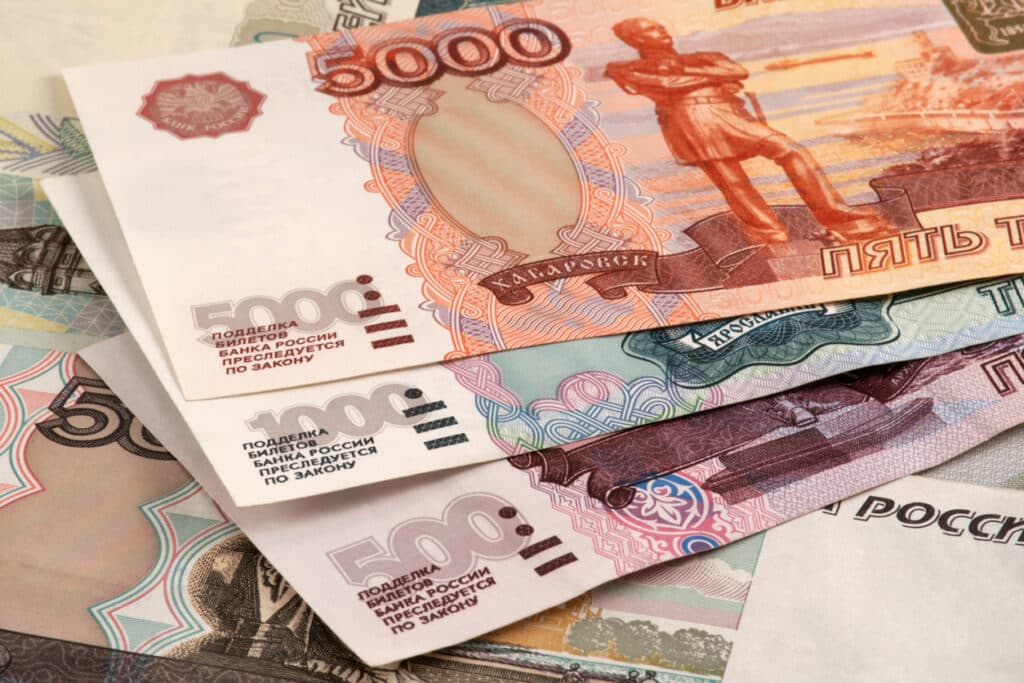Many potential whistleblowers with knowledge of money laundering and sanctions violations have chosen not to blow the whistle due to shortcomings in the recently established Anti-Money Laundering (AML) Whistleblower Program, advocacy group Taxpayers Against Fraud (TAF) alleges in a letter to Congress.
Since Congress established the AML Whistleblower Program with the passage of the Anti-Money Laundering of Act 2020 in January 2021, whistleblower advocates have been pushing for reforms to the program. On September 20, TAF continued the push by sending a letter to the members of the Senate Banking Committee ahead of its hearing “Tightening the Screws on Russia: Smart Sanctions, Economic Statecraft and Next Steps.”
Largely modeled off the Dodd-Frank Act (DFA), which established the highly successful Securities and Exchange Commission (SEC) Whistleblower Program, the AML Act established a whistleblower award program in order to incentivize and protect whistleblowers. However, the AML Act differed from the DFA in a number of key ways. Whistleblower advocates claim these discrepancies are undermining the program.
According to whistleblower advocates, two of the main shortcomings in the AML Whistleblower Program are the lack of a mandatory award minimum and the reliance on Congressional appropriations. In contrast, the DFA guarantees that a qualified whistleblower receives an award of at least 10% of the funds collected in an enforcement action connected to their disclosure and establishes a fund to finance whistleblower awards that is entirely financed through sanctions collected thanks to whistleblowers.
Particularly in the wake of Russia’s invasion of Ukraine, whistleblower advocates have also called for the AML Whistleblower Program to be expanded to cover whistleblowers exposing sanctions violations.
“Since the [AML] program came into existence, we have witnessed a flood of inquiries from potential whistleblowers, many with critical information concerning the misuse of the U.S. financial systems by international bad actors,” states TAF’s letter. “However, since the program in its current form is so limited—most notably by the lack of a minimum whistleblower award amount and the failure to include other money-laundering conduct outside of violations of the Bank Secrecy Act and sanctions violations— many of these potential whistleblowers have disappeared without ever telling the government their information. The personal risk to them to come forward was simply too high without a guarantee that their information would fit within the program.”
According to the letter, similar concerns have been raised by TAF’s sister organization Taxpayers Against Fraud Education Fund (TAFEF). The letter lists examples of individuals who had contacted TAFEF-affiliated lawyers but decided not to blow the whistle given the current state of the AML Whistleblower Program:
- “An investment advisor who knew of a Russian government official using U.S. shell corporations to move millions from a Swiss bank account to another bank account;
- A whistleblower with information regarding a sanctioned individual with ties to Russian and Belarussian regimes who moved hundreds of millions of dollars through a series of banks, including cycling through a U.S. bank, before burying the cleaned money offshore;
- A whistleblower who knew of a far-reaching scheme by a series of banks in Russia and elsewhere to help Russian government officials create seemingly legitimate transactions to facilitate the movement of money out of the region.”
The letter states: “These potential whistleblowers would have stepped forward and brought their information to the U.S. Government if our TAFEF attorney-members had been able to promise that their information qualified for the program; that they had sufficient protections under the law; and that they would receive a reward, if the Government succeeded in bringing an action based on their information. None of those promises could be made.”
TAF concludes the letter by calling for the passage of S.3316, a bipartisan Senate amendment to the AML Act cosponsored by Senators Chuck Grassley (R-IA), Raphael Warnock (D-GA), and Elizabeth Warren (D-MA). The amendment, which is widely supported by whistleblower advocates, establishes a mandatory minimum award payment and a fund to pay whistleblower awards and expands the program to cover sanctions violations.
On June 22, the U.S. House Committee on Financial Services voted unanimously by voice to approve H.R. 7195, a House version of the bill. H.R. 7195 is cosponsored by Representatives Alma Adams (D-NC) and Anthony Gonzalez (R-OH).
The National Whistleblower Center has issued an action alert calling on individuals to urge Congress to act now and reform the AML Whistleblower Program.
Read:
TAF Urges Senators to Strengthen Anti-Money Laundering Whistleblower Program
The Time is Now for Congress to Fix the AML Whistleblower Program
Take Action! Urge the Congress to Help Whistleblowers Fight Russian Aggression
